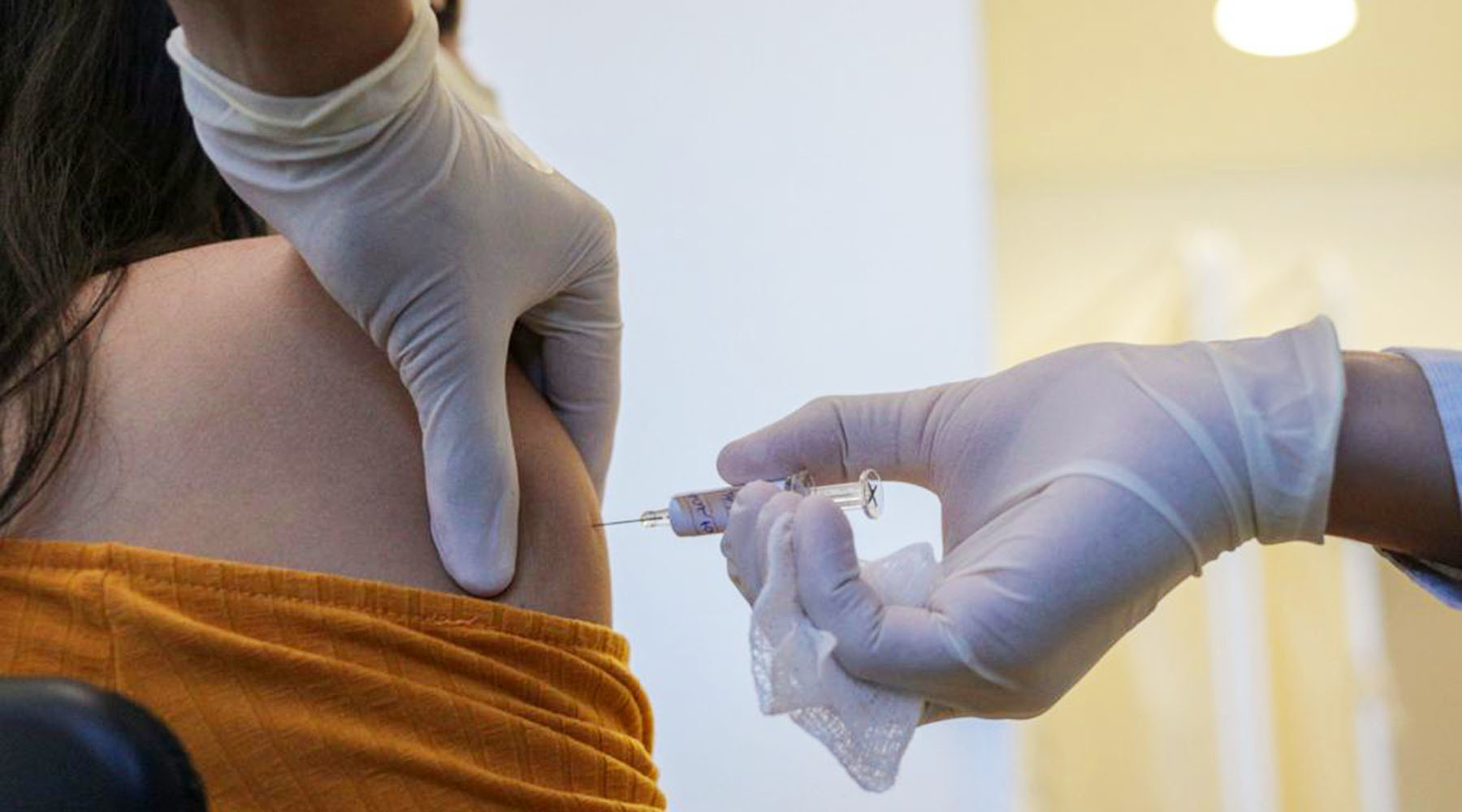Researchers at Pennsylvania State University (USA) have developed a way to identify the most effective candidate vaccines against COVID-19.
This is reported in the journal PLOS Biology.
American scientists said that it is necessary to adhere to a number of important recommendations in order to maximally avoid the risk of the evolution of the coronavirus and the formation of its resistance (resistance) to the vaccine as a result of mutations.
“As we have seen in other diseases such as pneumonia, developing resistance can quickly render vaccines useless,” said David Kennedy, senior lecturer in biology at the university.
The risk of coronavirus resistance can be assessed during the vaccine testing phase by analyzing blood samples and nasal swabs taken during clinical trials.
Comparison should be made by the number and type of antibodies and T cells produced by various vaccines (these memory cells of the immune response resist the virus when it re-enters the body).
The more complex the immune response, the more resistant it is to possible mutations in the coronavirus, the researchers emphasize.
A good vaccine against COVID-19 should act on several epitopes at once - the "targets" of the immune response against coronavirus.
In this case, the researchers are sure, it will be more difficult for the virus to mutate so as to form resistance to the vaccine.
AFP
© Sao Paulo State Government
Scientists note that when choosing a candidate vaccine, it is necessary to pay attention to how many epitopes (areas of the coronavirus - "targets" of the immune response) it affects.
The more such “targets” are attacked by the immune system, the more difficult it will be for the virus to bypass the body's defenses.
“Vaccines designed to induce an immune response on the surface of the virus, in which the immune system targets multiple sites (coronavirus -
RT
), can inhibit the development of resistance.
This is due to the fact that the virus will have to mutate not once, but several times to survive the attack of the immune system, ”summed up co-author and colleague of David Kennedy, Professor Andrew Reed.
The researchers also propose during clinical trials to compare viral genomes in vaccinated and unvaccinated people in order to recognize in time dangerous virus mutations that vaccination can cause.
Coronavirus resistance risk assessments should be carried out for all 198 COVID-19 vaccines that are in development.
Including for those 44 vaccines that are now undergoing clinical trials, the researchers are sure.

